By the end of 2022, thehe organization of the World Cup enabled to Qatar to demonstrate that it was now a player with which to had to count on culturally, politically and economically.. The French companies have understood this in recent years, particularly the CAC 40 group.. We take a look at the emirate's media and communications ecosystem..
Understanding the local ecosystem
With over 200 locations and franchises, French companies are stepping up their development in Qatar. While players in the energy and defense sectors, including Total and Dassault Aviation, have long been established in the country, French leaders in the construction and transport sectors have also made their mark on major projects in recent years. Vinci spearheaded the construction of Doha's first metro line and Keolis now operates it, while Egis cleaned up the Al Karaana lagoons, one of Qatar's rare water reserves. The retail sector is not to be outdone, with Carrefour, a major employer, and several Fnac stores.
To effectively promote the success of their projects, companies benefit from a dynamic local media landscape, a specificity of the country that contrasts with the rest of the Arabian Peninsula. Qatar played a major regional role in the liberalization of information in the Arab world with the creation of Al Jazeera in 1996, and today boasts several local media, including seven daily newspapers in circulation, three in Arabic(Al Raya, Al Sharqand Al Watan) and three in English(Gulf Times, The Peninsula and the QatarTribune) . Proof of France's privileged place in Qatari society, there is even a French-language radio station - Oryx FM.
Taking into account the evolution of Qatari society
Despite the diversity of existing media, it's important to bear in mind that they remain linked to political power. It's particularly important to be patient and build a long-term relationship of trust with journalists. " The country functions like a family start-up, with decisions centralized in theEmir' sPalace ", explains Benjamin Barthe, Le Monde's Middle East correspondent, which is why it's important to be well identified and, before launching communication campaigns, to take the time to meet the traditional economic decision-makers. " A company setting up in Qatar will only have real media visibility if it takes the time to meet the political and economic players upstream," adds Benjamin Barthe. Local cooperation is therefore essential.
And yet, with a median age of 33 and a youthful population of graduates and enthusiasts of new technologies and social networks (90% of the population has a Facebook account), Qatari society is far from static and highly informed. Through its Qatar Vision 2030 plan, the country is also diversifying its economy and moving into new areas, including the development of sustainable infrastructures, education, health and research. Corporate communications must therefore take into account the dual reality of a changing Qatari society: the importance of the media and traditional players in a society that is still in the process of liberalization, and the emergence of an ultra-connected youth population that needs to be addressed differently.
Alissa Joly, Consultant & Jawad Khatib, Consulting Manager
